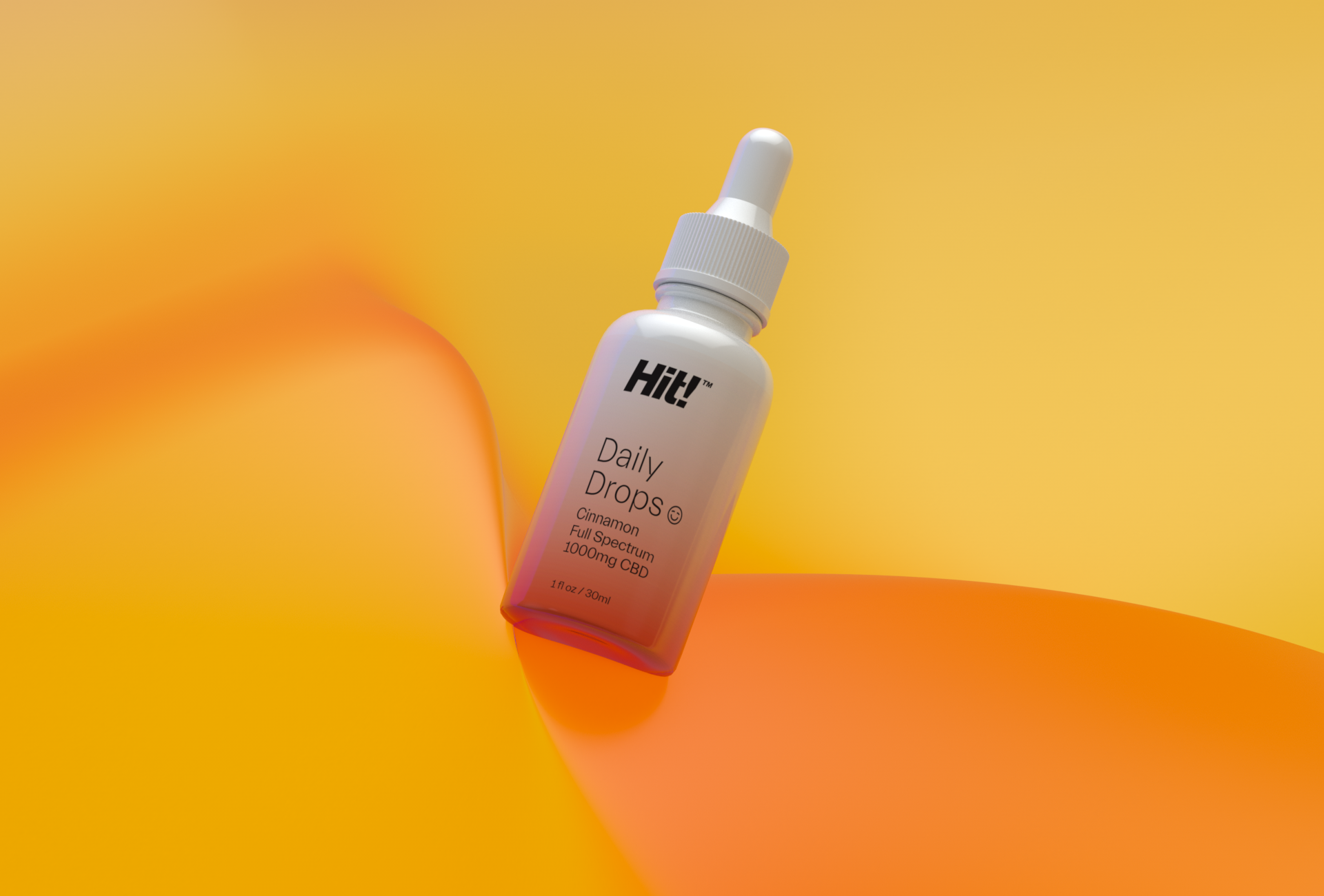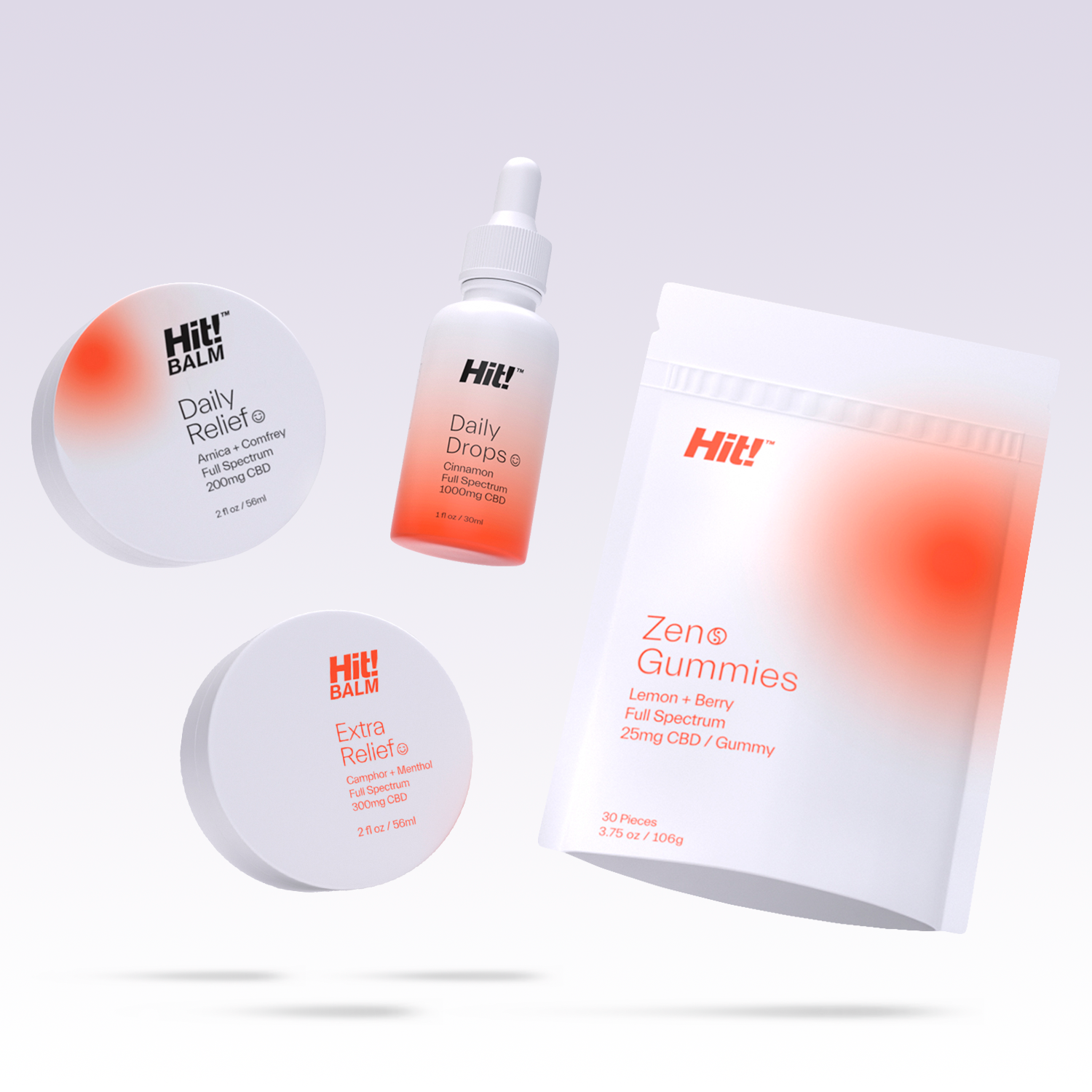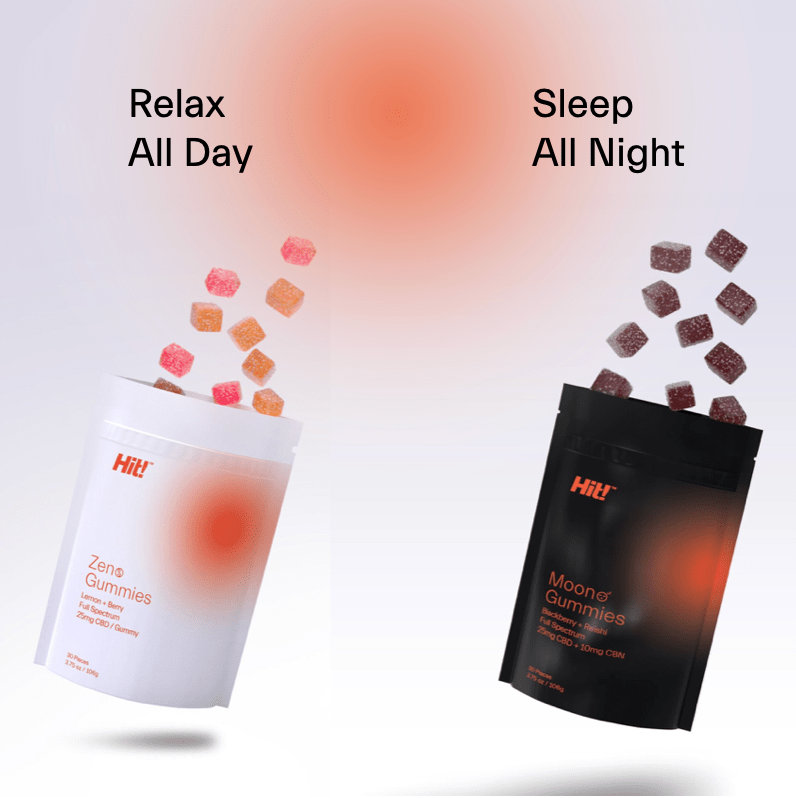Reducing inflammation to fight pain and speed recovery

In my Los Angeles-based acupuncture clinic, almost all my patients seek relief from the same basic condition: inflammation.
Whether it's back pain, tendinitis, IBS, or PMS, inflammation is the underlying root cause of their problems. Inflammation is often portrayed as the "bad guy" of your body. Whenever there's pain, injury, or damage, you can bet your doctor or acupuncturist will mention too much inflammation.
But, in reality, the inflammatory response is a natural part of the healing process.
Think of inflammation as the body's response to protect itself against harm. Following an infection or wound, inflammation rallies our defenses, summoning them to the affected site.
But it's not solely infections and wounds that cause inflammation; common diseases such as diabetes, stroke, cardiovascular diseases, arthritis, and allergies all involve the inflammatory response. In autoimmune conditions, the body's immune defenses are turned against itself. In fact, chronic inflammatory diseases are the most significant cause of death in the world; it's estimated that nearly 60% of all Americans have at least one chronic inflammatory condition.
So what is inflammation and and how can natural remedies, acupuncture, and other medicinal compounds like CBD help?
What is inflammation?
There are two types of inflammation: acute and chronic.
You are no doubt familiar with acute inflammation – it occurs when you bang your knee or cut your finger. Your immune system springs into action, unleashing an army of white blood cells to protect the impacted tissue.
This results in the five key signs of inflammation: redness, swelling, pain, heat, and loss of function. No matter whether you've got an infection like the flu or pneumonia, or you're dealing with a bout of food poisoning, the underlying mechanism remains consistent. Without inflammation, injuries could fester, or simple infections could morph into something deadly.
Most of the problems of inflammation, therefore, occur when the process becomes chronic.
Chronic inflammation
Chronic inflammation and pain can occur almost anywhere in the body, being common in most chronic health conditions, including:
- Heart disease
- Cancer
- Inflammatory bowel disease (ulcerative colitis and Crohn's disease)
- Psoriasis, eczema, rosacea, acne, and other skin conditions
- Asthma
- Arthritis
- Osteoporosis
- Obesity
- Alzheimer's disease and dementia
- Type 2 diabetes
While we notice localized symptoms of inflammation at first, such as redness, pain, or swelling, the effects of chronic inflammation arise subtly over time. Common symptoms of chronic inflammation include:
- Body pains and aches
- Fatigue
- Depression or anxiety
- Weight gain or loss
- Persistent infections
Such symptoms can range from mild to severe, potentially lasting months or even years. More specifically, the flood of chemical and inflammatory compounds can affect specific parts of the body producing particular symptoms:
- Musculoskeletal symptoms include aches, fatigue, increased risk of injury, unstable joints, reduced movement
- Digestive symptoms such as stomach ache, nausea, diarrhea, vomiting, poor digestion, weight change
- Circulatory symptoms-chest pain, weakness, palpitations, fast heart rate
- Respiratory symptoms like shortness of breath, increased risk of infection, cough, wheeze
- Urinary symptoms-painful urination, cloudy urine, reduced urination
The mechanism of inflammation
In chronic inflammation, the early days of acute inflammation, where the injured or infected site is flooded with T cells, like neutrophils, and inflammatory compounds, gradually transforms into an ongoing process. Macrophages, lymphocytes, and plasma cells are recruited, causing tissue destruction, fibrosis, and necrosis.
Mediating this process are the cytokines: small proteins used to signal between cells. As the inflammatory trigger fails to subside, more cytokines are produced, propagating the inflammatory response. Triggers can include autoimmune conditions, where the body attacks itself, medication, or exposure to irritants or foreign materials – for example, alcohol, smoking, or certain foods (sugar, refined carbohydrates, processed meats, trans fats, etc.)
Treating chronic inflammation
Doctors commonly prescribe anti-inflammatory medications, like NSAIDs (e.g., ibuprofen or naproxen) or steroids to reduce inflammation. Other medications can also be administered, such as paracetamol or opioids to reduce the pain.
You might be the kind of person who always reaches for ibuprofen when treating inflammation-associated pain. However, natural remedies which may be much gentler on your body may also provide relief.
By inserting fine needles into specific sites, acupuncture targets a subset of neurons that trigger an anti-inflammatory response. These nerves release "neuropeptides" that open blood vessels and soothe inflammation. Moreover, acupuncture also modulates white blood cells, further inhibiting inflammatory activity at the affected site.
Numerous herbs and plant extracts demonstrate anti-inflammatory effects – curcumin, the natural ingredient in turmeric, is a potent anti-inflammatory compound with strong anti-oxidative and anti-inflammatory activities. Ginger contains compounds like gingerol, shogaol, and zingerone responsible for lowering bodily inflammation. When taken daily, it reduces inflammatory markers like CRP and TNF-alpha. Other anti-inflammatory natural remedies include garlic, cardamom, ginseng, myrrh, and helichrysum oil.
CBD is also worth considering consumed as an oil or gummies. Research indicates it reduces inflammation through its effect on the body's endocannabinoid receptors – though further study is needed. In fact, studies show that CBD is effective for both acute and chronic inflammation. However, the wealth of evidence indicates CBD may be most potent for chronic inflammation – a potential treatment for the inflammation and chronic pain associated with arthritis.
Natural remedies are already helping scores of people manage inflammation and restore their bodies’ natural balance. Renewed research into cannabinoids like CBD looks promising and may help us understand how to best use these remarkable plants to ease suffering and speed recovery.
Final thoughts
As the medical community reassesses its views on CBD and chronic inflammation, it might also be time to start exploring other herbal remedies. As mentioned, turmeric is renowned as a superfood, being a potent anti-inflammatory ingredient in Chinese medicine. Myrrh and corydalis, meanwhile, block inflammatory compounds and fight chronic pain. To learn more about the amazing anti-inflammatory plants we use in Hit! Balm, see our post "9 Amazing Herbs You Should Use Daily."
For many of my patients, in addition to trying Hit! Balm I also recommend an anti-inflammatory diet; reducing processed, high-fat, high-sugar foods and adding superfoods like turmeric, mushrooms, ginger, tart cherry juice, broccoli, fatty fish, and more. You'll be surprised by the near-miraculous change as chronic inflammation subsides and true wellness and wellbeing return.








Leave a comment